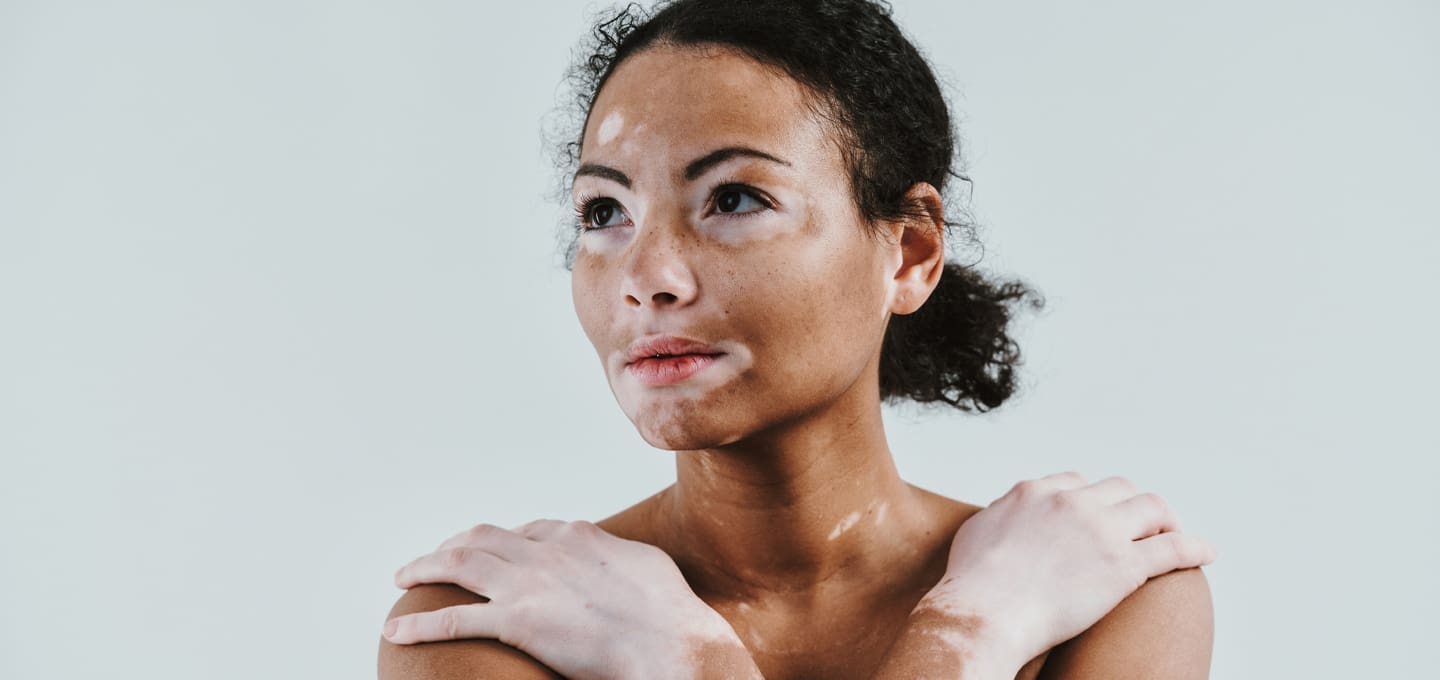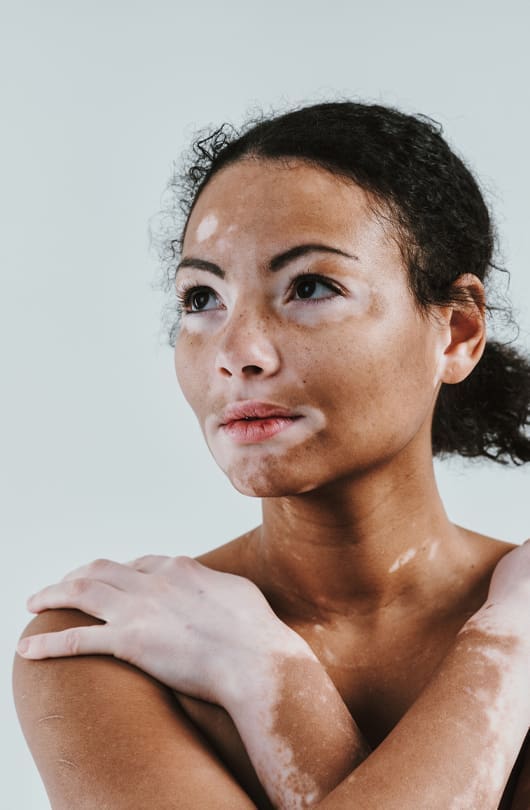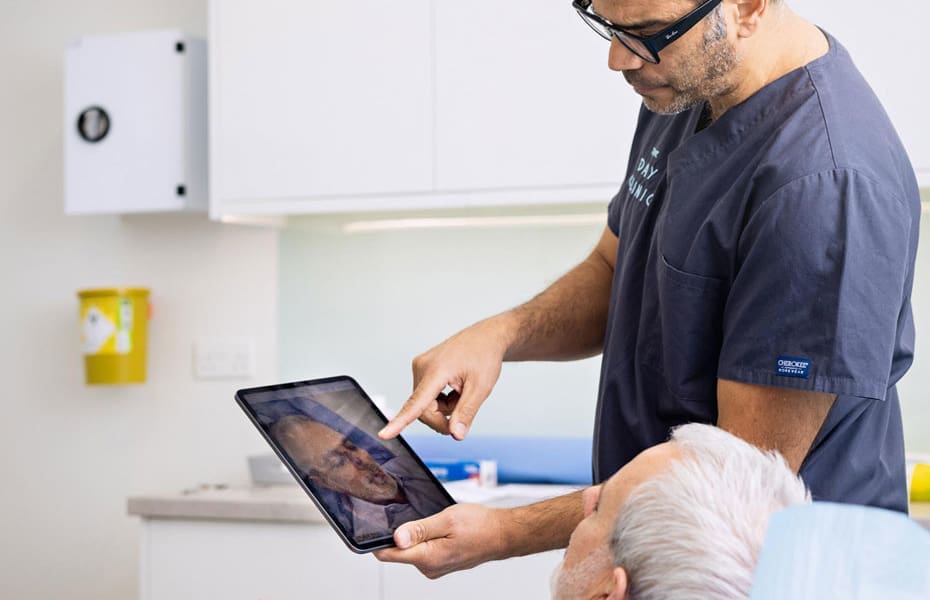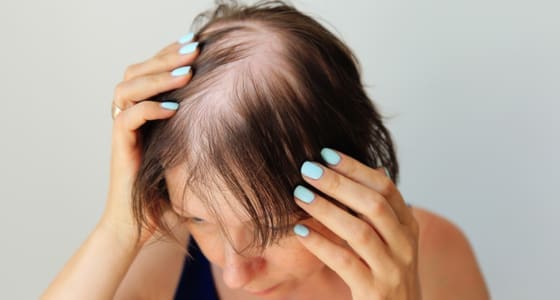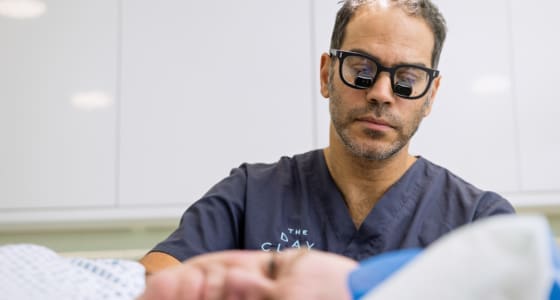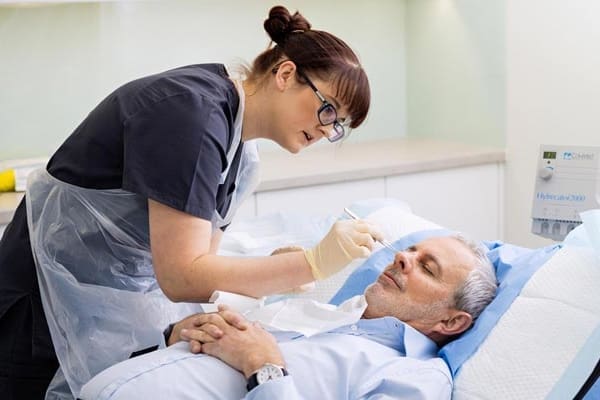This occurs due to the destruction or dysfunction of melanocytes, the cells responsible for producing the pigment melanin. As a result, affected areas appear lighter or completely devoid of colour, often creating a striking contrast with the surrounding normal skin.
The exact cause of vitiligo remains uncertain, but it is believed to be a complex interplay of genetic, autoimmune, and environmental factors. Genetic predisposition plays a role, as vitiligo tends to run in families. Autoimmune mechanisms are also implicated, wherein the body’s immune system mistakenly attacks and destroys melanocytes. Additionally, triggers like stress, exposure to certain chemicals, or traumatic events can exacerbate the condition.
Vitiligo is not limited to a specific age group, race, or gender, and it can manifest at any stage of life. While it does not cause physical discomfort, the psychosocial impact of vitiligo can be significant, as it can affect an individual’s self-esteem and body image.
Treatment options for vitiligo aim to restore colour to the affected areas and manage its cosmetic impact. During a dermatology consultation one of The Day Clinic’s dermatologists may prescribe topical corticosteroids and calcineurin inhibitors to help suppress the immune response and encourage repigmentation.
In more advanced cases, we may consult with our surgeon on the effectiveness of surgical interventions like skin grafts. However, these methods are typically reserved for individuals with stable vitiligo who have not responded to other treatments.
It’s important to note that while treatments can be effective in some cases, there is no one-size-fits-all solution for vitiligo. Consulting with a dermatologist or healthcare provider experienced in treating the condition is crucial for developing a personalised treatment plan tailored to individual needs and preferences. Additionally, support groups and counselling can be valuable resources for individuals coping with the psychosocial impact of vitiligo.
